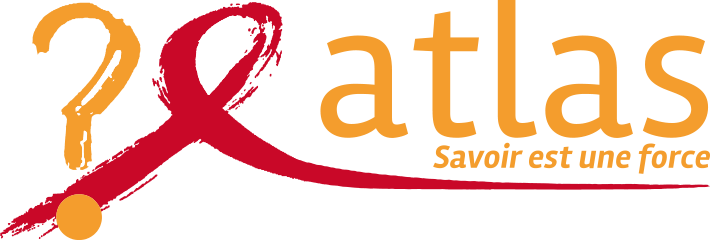Dakar, 3 December 2018 – On the occasion of the second edition of the Journées Scientifiques Sida au Sénégal (JSSS), which is being held from 3 to 5 December at the Centre International de Conférences Abdou Diouf (CICAD), the ATLAS project (Autotest VIH, Libre d’accéder A la connaissance de son Statut), opens up perspectives on self-screening as part of the symposium « HIV self-testing, an innovative tool to make available a screening offer tailored to vulnerable populations ».
Know your status
In a context where, in Senegal, more than a quarter of people living with HIV do not know their HIV status, it is essential to diversify the testing offer to achieve UNAIDS’ 90-90-90 targets (90% of HIV-positive people know their status, 90% of people who test positive for HIV have access to treatment, 90% of people on treatment have an undetectable viral load by 2020). As highlighted in the latest UNAIDS report, Knowledge is power, published on 22 November, the West and Central Africa region is lagging behind in screening, preventing rapid entry into care.
Implemented in Senegal by the consortium Therapeutic Solidarity and Health Initiatives (Solthis) – Institut de recherche pour le développement (IRD), in partnership with the Senegalese Ministry of Health and Social Action, the Conseil National de Lutte contre le Sida, the Division de lutte contre le Sida et les Infections sexuellement transmissibles, CEPIAD, CTA, ENDA Santé and SSD, the ATLAS Project is supported and financed by Unitaid for a period of 3.5 years and a budget of about 15 million dollars. It was developed to diversify the screening offer with an innovative solution for vulnerable populations that complements existing screening services.
The ATLAS project, at the crossroads of technological and societal innovation
By targeting vulnerable at-risk populations who do not identify themselves as such and by using secondary distribution channels, ATLAS provides a way for people who have never tested, often for reasons of stigma and confidentiality, to do so. The self-test (an oral device for detecting HIV antibodies that consists of passing a spatula on the gums and then immersing it in a reagent) makes it possible to demedicalize the act and strengthens everyone’s ability to be an actor in their health.
The project is also innovating by distributing the self-test to a larger average, which until now had only been tested in pilot programs. The ambition of the ATLAS Project is to prepare the transition to the sub-regional level as of now by supporting the implementation of the necessary legislative frameworks.
Finally, the ATLAS project is a research program involving the IRD, the Bouisson Bertrand Institute, the London School of Hygiene and Tropical Medicine and the Imperial College of London, among others. Five studies will be conducted from the end of 2018 to demonstrate the contribution of self-testing as a complementary screening strategy.
The ATLAS project is being implemented in Côte d’Ivoire, Mali and Senegal.
Press contact : Juliette Bastin +221 78 183 64 07 responsablecom.atlas@solthis.org

Next Post »
Launch of the ATLAS project
